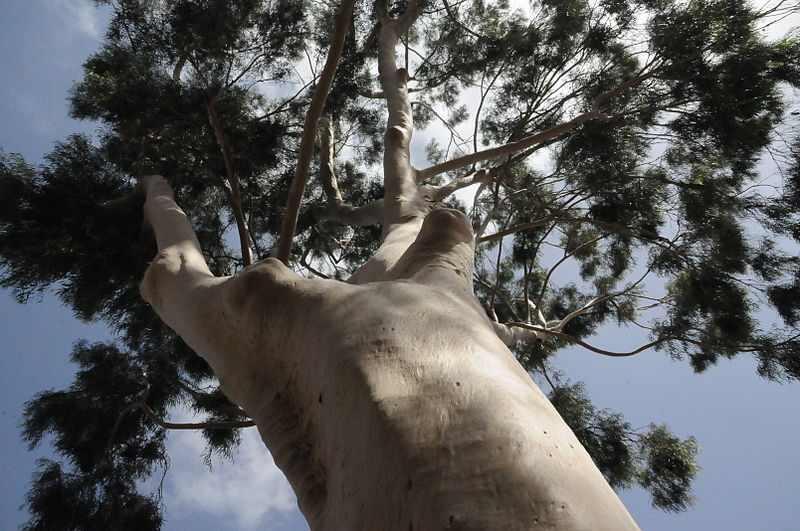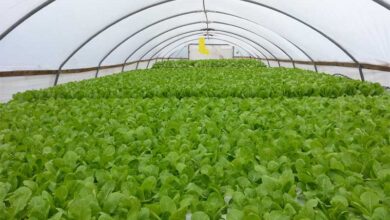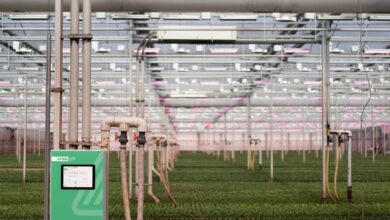Creating Energy from Eucalyptus
Researchers at the Volcani Center have developed a more efficient solution for biofuel based on eucalyptus.

.jpg)
“The price of gas will go up at midnight.” Even if you haven’t heard this sentence in the past month, it’s still a familiar message to drivers, sending them straight to the gas stations, before every drop becomes more expensive. Global sources of gas are not stable and the use of them has a major negative impact on the environment. Therefore there is a push to develop alternative energy sources, renewable and green, for example biological fuels.
Dr. Yiftach Vaknin, one of the leaders of a research study on the enhancement of fuel relevant species for biological fuels at the Volcani Center, describes the project in an article which will be published in the next issue of “Ecology & Environment”: “In order for fuels to be sustainable and not compete with crops for food, we chose crops that are not appropriate for food and which can be grown in peripheral areas (areas not meant for agriculture or building) and peripheral water (reclaimed water or water that is not suitable for drinking for various reasons).
The research at the Volcani Center is unique is the combination between enhanced genetic material and innovative growing technologies which are suited to semi-arid to completely arid climates, together with irrigation and fertilization per need.”
Dr. Vaknin and his colleagues focused on a number of seeds relevant for bio-diesel, such as Jatropha curcas L. The initial research successes are important due to the new approach to growing biomass: “In addition to the investment in plants, from which seeds it is possible to create energy, we are now focusing on growing variants where we can use all the parts of the plant as resource for biological fuel. For this we chose the Eucalyptus Camaldulensis, used for forestation and the wood industry, which was planted in Israel in the mandate period and is planted today by JNF. We have been studying this variant for many years at the Volcani Center, and the knowledge that was accumulated enabled the development of the relevant genetic material. As per the initial results of the study, the potential harvest of the eucalyptus can generate ten times more relevant product for bio-diesel then other variants, and even two or three times greater than variants widely used in the world to create biological fuels.
For the full original Hebrew article by Yoni Weitz in Zavit click here.




